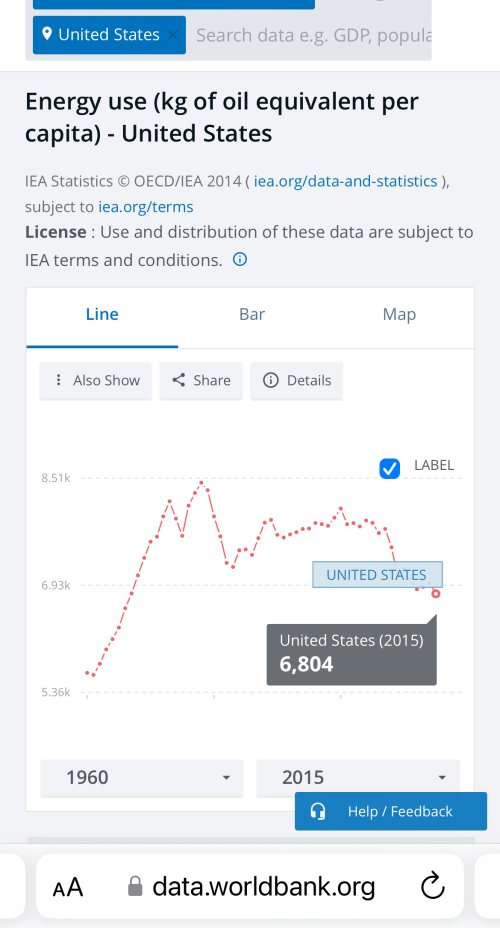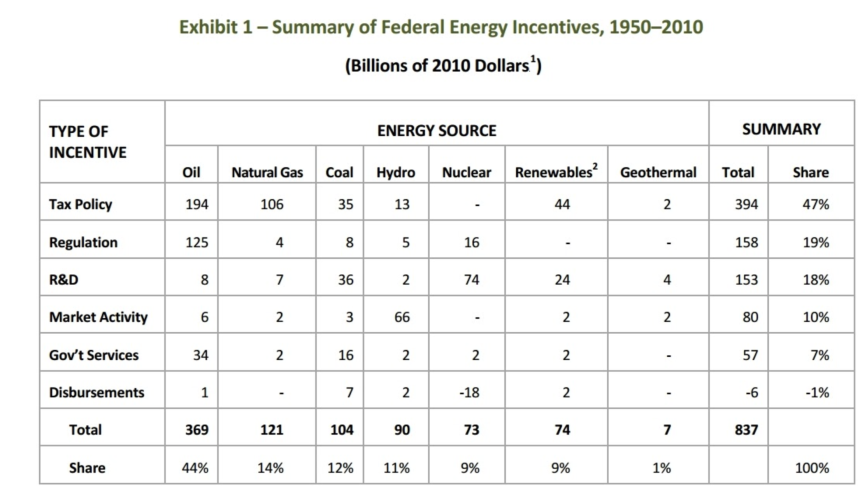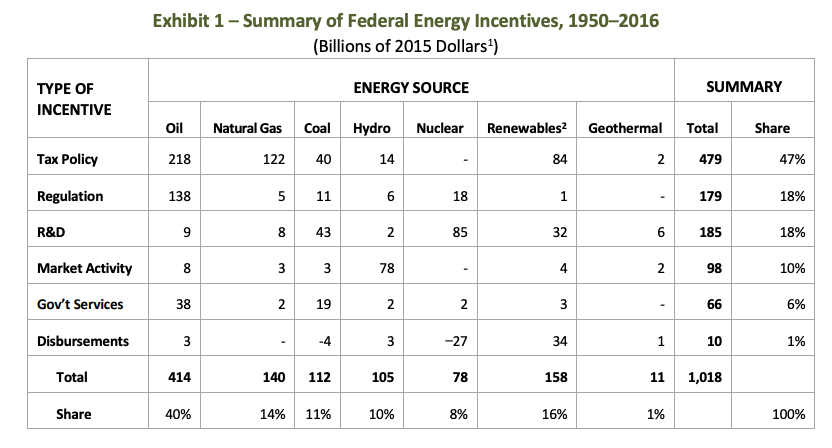The carbon capture sounds great in principal, in reality it is just another hoop for generators to jump through at a large additional cost per Mwh of generation. A large part of the reason coal isn't cost competitive in the generation market is the already added costs of scrubber operation (additional electric consumption, limestone cost, man hours), mercury technology, NOx reduction, etc. Carbon capture would be far more expensive to operate than all these other efforts. Coal has come a long way in cleaning up it's act, but it's at a point where it can't really compete economically, especially when large government subsidies are getting poured into renewables. I'm all in on cleaning up the environment, but you can't pour money into one segment of the business who isn't capable of sustaining steady output and force the reliable, steady generators out of business and expect good things in the future.
My plant went through a natural gas conversion several years ago, and can fire on either gas or coal. We are one of the lucky ones, so many coal plants are closed or have announced closure plans. What many people are missing, including the ones making decisions on the grid capacity, is there are occasions, especially in winter when the grid is getting to the breaking point. Christmas eve last year several parts of the country were going through rolling brown outs and the NE was one or two unit trips away from brown outs. I was working that day and we were hanging on with a couple units by our fingernails.
The more old reliable base load plants get forced off, the dimmer our energy future gets in this country. The longer I work in electric generation, the more I'm just amazed when I come home that the light switch still works.
Carbon capture has been promoted as saving the coal industry for 20 years. It's a panacea.









